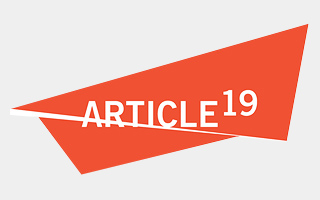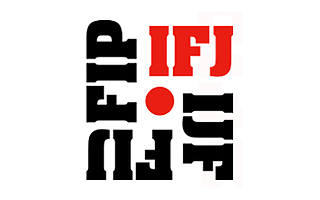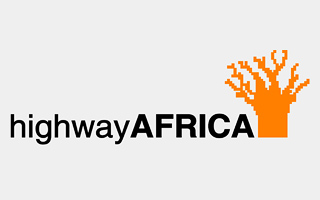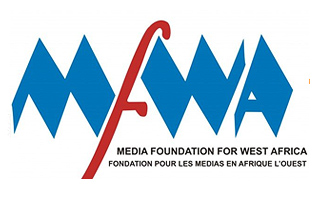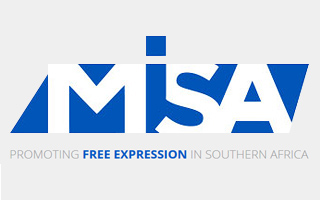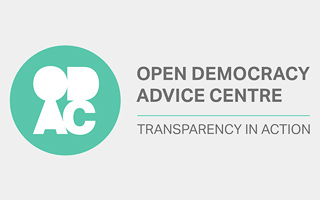Access to Information: An enabling and fundamental human right
The African Platform on Access to Information (APAI) Campaign
About us
The Working Group (WG) of the campaign for an African Platform on Access to Information (APAI) is a network of civil society organisations that are working on the promotion of access to information in Africa. A working group, made up of nine organisations, was set up in 2009 to develop a platform for joint activities that would lead to:
- The adoption of a comprehensive instrument, which would advance the right of access to information in all its dimensions, regionally and internationally.
- The recognition of 28 September as International Access to Information Day to serve as an annual event to combine forces in multi-stakeholder advocacy actions.
In September 2011, the APAI Declaration, a regional instrument elaborating the right of access to information within a regional context, was adopted. In November 2015, UNESCO adopted a resolution declaring 28 September of every year as International Day on Universal Access to Information.
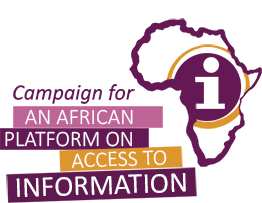
Read APAI Declaration here

African Platform on Access to Information
PDF, 220 KB

Plateforme africaine sur l’accès à l’information
PDF, 222 KB

المنهاج الأفرٌقً المعنً بالح صول ع لى ا لمعلومات

Plataforma Africana para Acesso à Informação
PDF, 211 KB
The organisationations that form the APAI WG are:
Africa Freedom of Information Centre (AFIC)
Africa Freedom of Information Centre (AFIC) is a pan-African NGO and resource centre that promotes the right of access to information through comparative research, coordinating regional advocacy, facilitating information-sharing and capacity building.
ARTICLE 19
ARTICLE 19 envisages a world where people are free to speak their opinions, to participate in decision-making and to make informed choices about their lives.
Federation of African Journalists (FAJ)
The Federation of African Journalists (FAJ) was launched during a congress in Abuja, Nigeria in 2007. This has Since been followed by three working congresses – one in Nairobi in 2008, one in Harare in 2010 and one in Casablanca in 2013. From the start, journalist trade unions and associations affiliated to the International Federation of Journalists came together to form a continental body of journalists’ trade unions in the media industry in Africa.
Highway Africa
The Highway Africa Conference is hosted by Rhodes University’s School of Journalism and Media Studies in partnership with Corporate South Africa, development agencies and media associations.
Media Foundation for West Africa (MFWA)
The MFWA is a regional independent non-governmental organization. It is the biggest and most influential media development and freedom of expression advocacy organisation in West Africa with national partner organisations in all 16 countries of the region.
Media Institute of Southern Africa (MISA)
MISA focuses on achieving sustainable, lasting change to make southern Africa a safer place for media workers. We envision a world where everyone, including netizens, citizen journalists, activists, scholars and artists can practice their fundamental right of free expression.
Media Rights Agenda (MRA)
Media Rights Agenda (MRA) was established in 1993 as an independent, non-governmental, not-for-profit organization for the purpose of, among other things, promoting and protecting media freedom and freedom of expression in Nigeria.
Open Democracy Advice Centre (ODAC)
ODAC’s mission is to promote open and transparent democracy; foster a culture of corporate and government accountability; and assist people in South Africa to be able to realize their human rights.
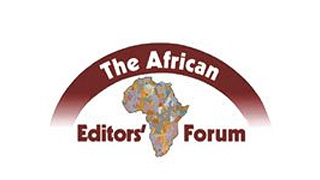
The African Editors' Forum (TAEF)
The African Editors’ Forum (TAEF) is a body of Editors and senior editorial executives from all over Africa.
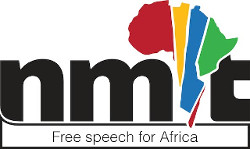
Namibia Media Trust
The Trust aims to reflect and promote the values and principles of press freedom, free speech and independent journalism.
Activities of the Trust include advocacy and policy interventions to promote media freedom, free expression and access to information in Namibia and beyond. The Trust also provides practical, needs-based workshops, training and mentorship for journalists and non-editorial staff.


